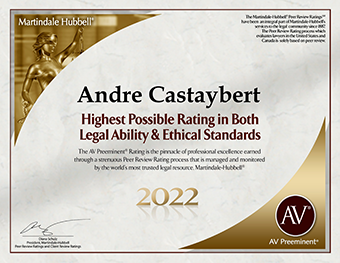February 8, 2024
On January 29, 2024, the Delaware Supreme Court upheld the enforceability of a forfeiture-for-competition provision in a limited partnership agreement in Cantor Fitzgerald, L.P. v. Ainslie. This provision allowed Cantor Fitzgerald to withhold payments from former partners’ capital accounts if they engaged in competitive activities within four years of leaving the partnership. Initially invalidated by the Delaware Chancery Court, which treated it like a traditional non-compete agreement subject to a reasonableness standard, the Supreme Court reversed this decision. The court emphasized Delaware’s policy of contractual freedom and the principle of giving maximum effect to partnership agreements under the Delaware Revised Uniform Limited Partnership Act (DRULPA).
The Delaware Supreme Court concluded that forfeiture-for-competition clauses should be evaluated under the “employee choice” doctrine, which upholds the enforcement of agreements absent unconscionability or bad faith. Unlike traditional non-compete agreements, forfeiture provisions allow employees to choose between competing and forfeiting benefits. The court highlighted that traditional non-compete agreements restrict an employee’s livelihood, warranting reasonableness review due to policy concerns. However, forfeiture-for-competition provisions do not restrict an employee’s ability to work or provide services, thus warranting different analytical frameworks.
Additionally, the court distinguished forfeiture-for-competition clauses from liquidated damages provisions, stating they set up a condition precedent to payment rather than penalties for breach of contract. The ruling aligns with Delaware’s precedent and the majority “employee choice” approach in other jurisdictions, such as New York, which support contractual freedom.
Contrary to recent trends in the U.S., including proposed bans by the Federal Trade Commission (FTC) and enacted bans in states like California, the ruling suggests that non-competes can be enforceable if properly tailored and warranted. The court’s explicit distinction between forfeiture-for-competition provisions and employee non-competes may limit its broader applicability in employment law, however. Businesses should consider alternative measures like garden leave provisions and non-solicitation covenants to protect their interests while respecting employees’ freedom of choice.
To read how CASTAYBERT PLLC can assist you with employment law matters, click here.







